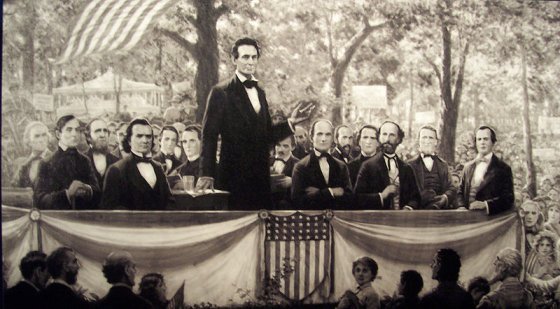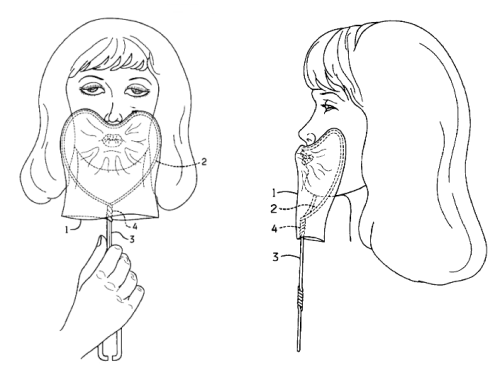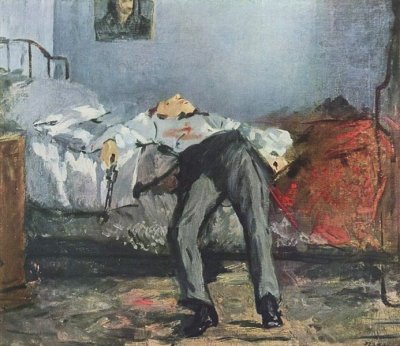
The voting paradox shows that conflicting majorities can prevent a clear winner even in a fair election.
Sadly, this can be true even if the candidates specify platforms. Suppose there are two issues, x and y, each of which admits two possible positions, x and x’ and y and y’. Then a candidate can have four possible platforms: xy, xy’, x’y, and x’y’. Now suppose there are three voters, each of whom ranks her preferences in a different order:
Voter 1: xy, xy’, x’y, x’y’
Voter 2: xy’, x’y’, xy, x’y
Voter 3: x’y, x’y’, xy, xy’
If the voters could vote on the individual issues instead of having to choose a platform, Voters 1 and 2 would prefer x to x’, and Voters 1 and 3 would prefer y to y’. These are clear majorities. But in practice platform x’y’ will defeat platform xy, since it’s preferred by a majority (Voters 2 and 3).
“Thus, a platform whose alternatives, when considered separately, are both favored by a majority may be defeated by a platform containing alternatives that only minorities favor,” writes Steven J. Brams in Paradoxes in Politics. Public policy scholar Anthony Downs argues that the fact that a majority platform can be constructed from minority positions may make it rational for politicians to appeal to coalitions of minorities.



